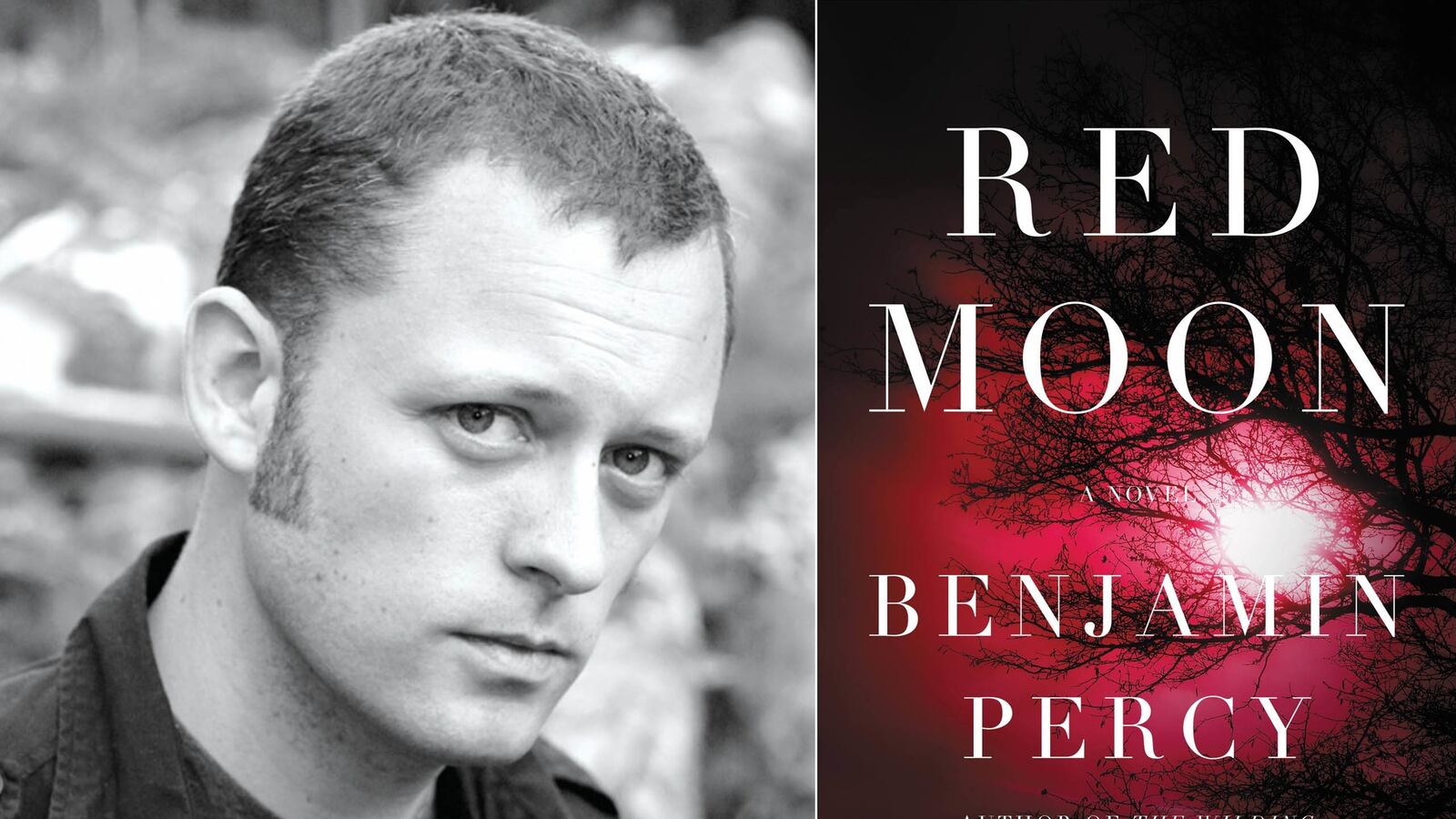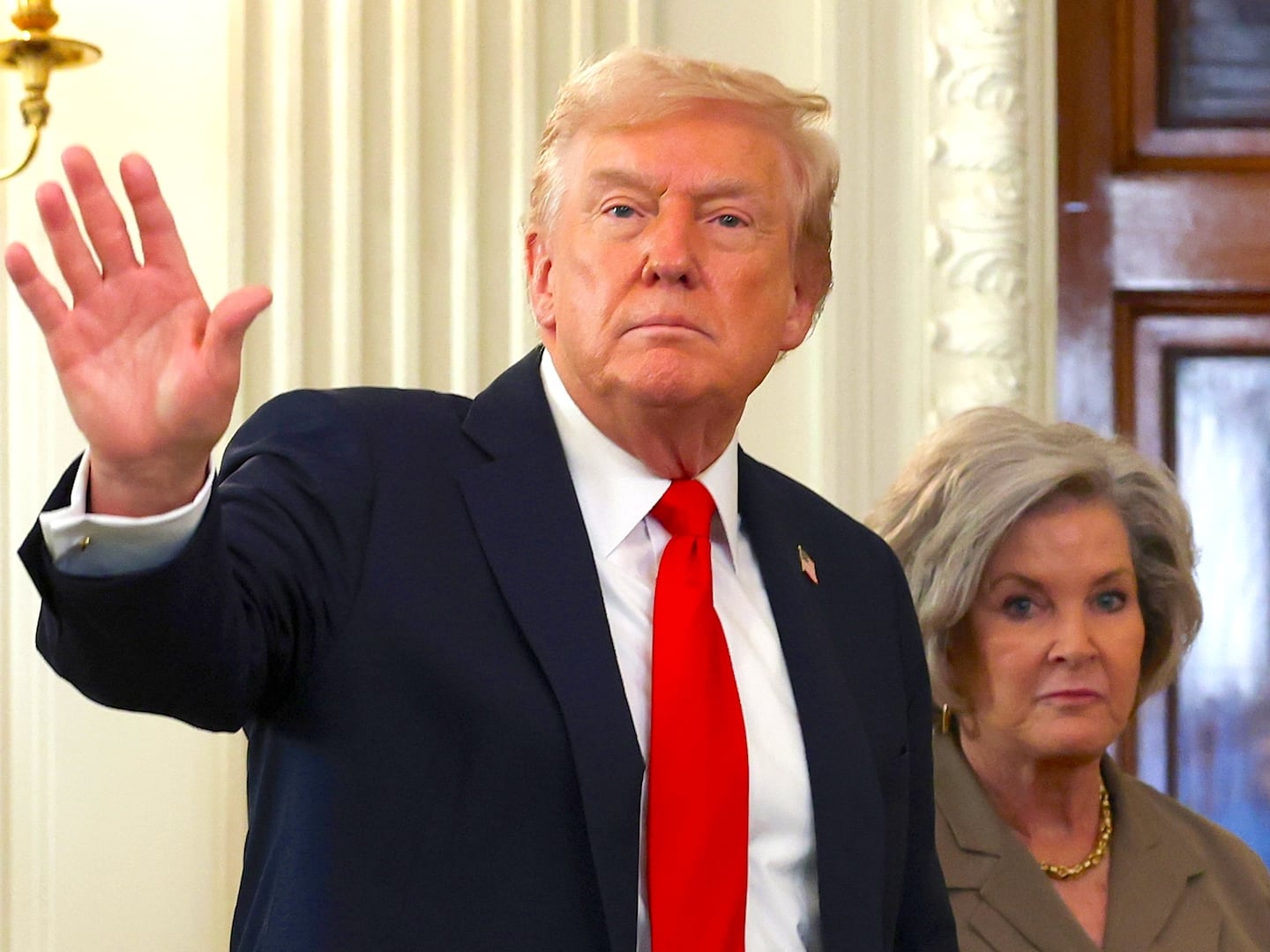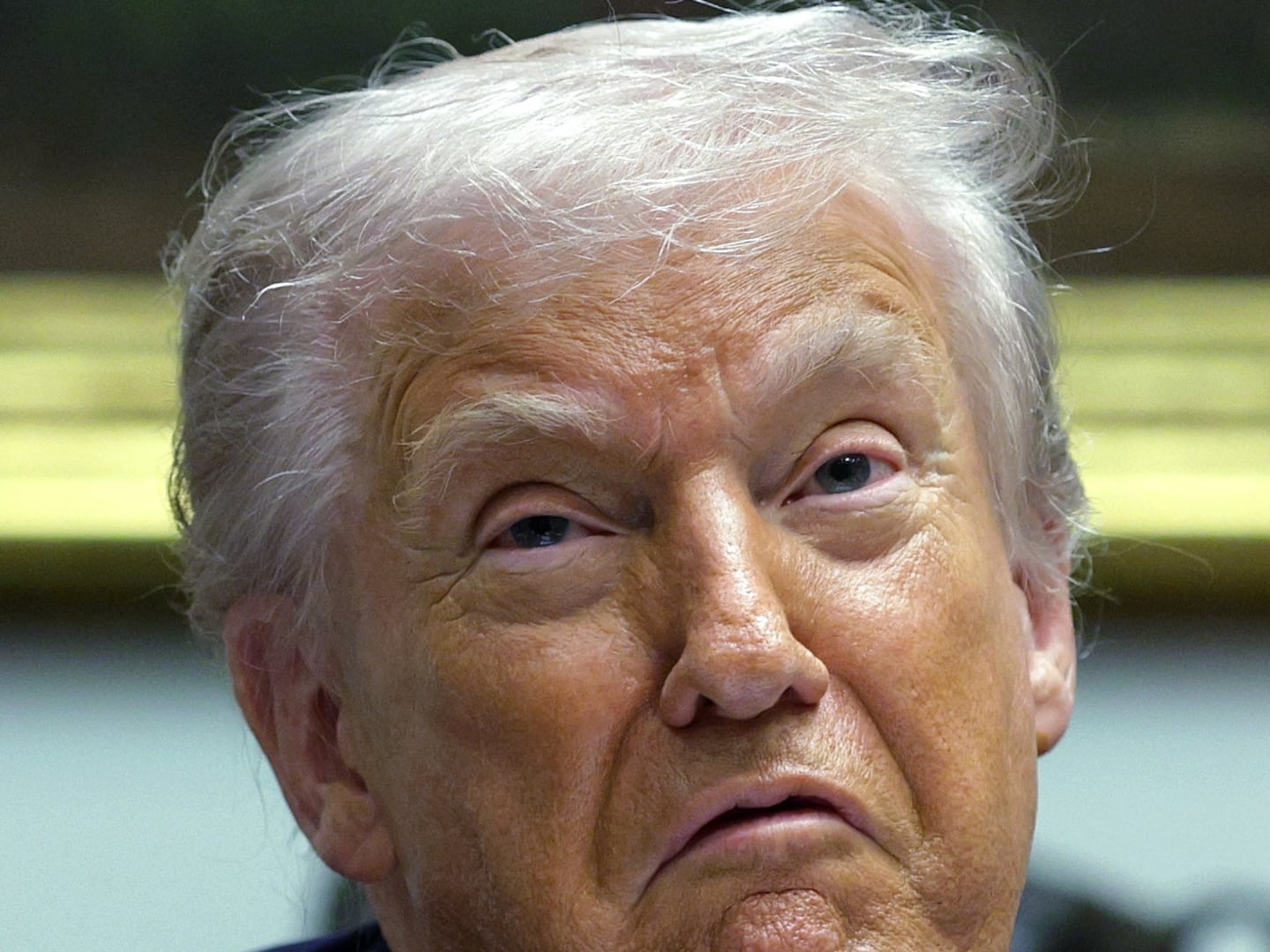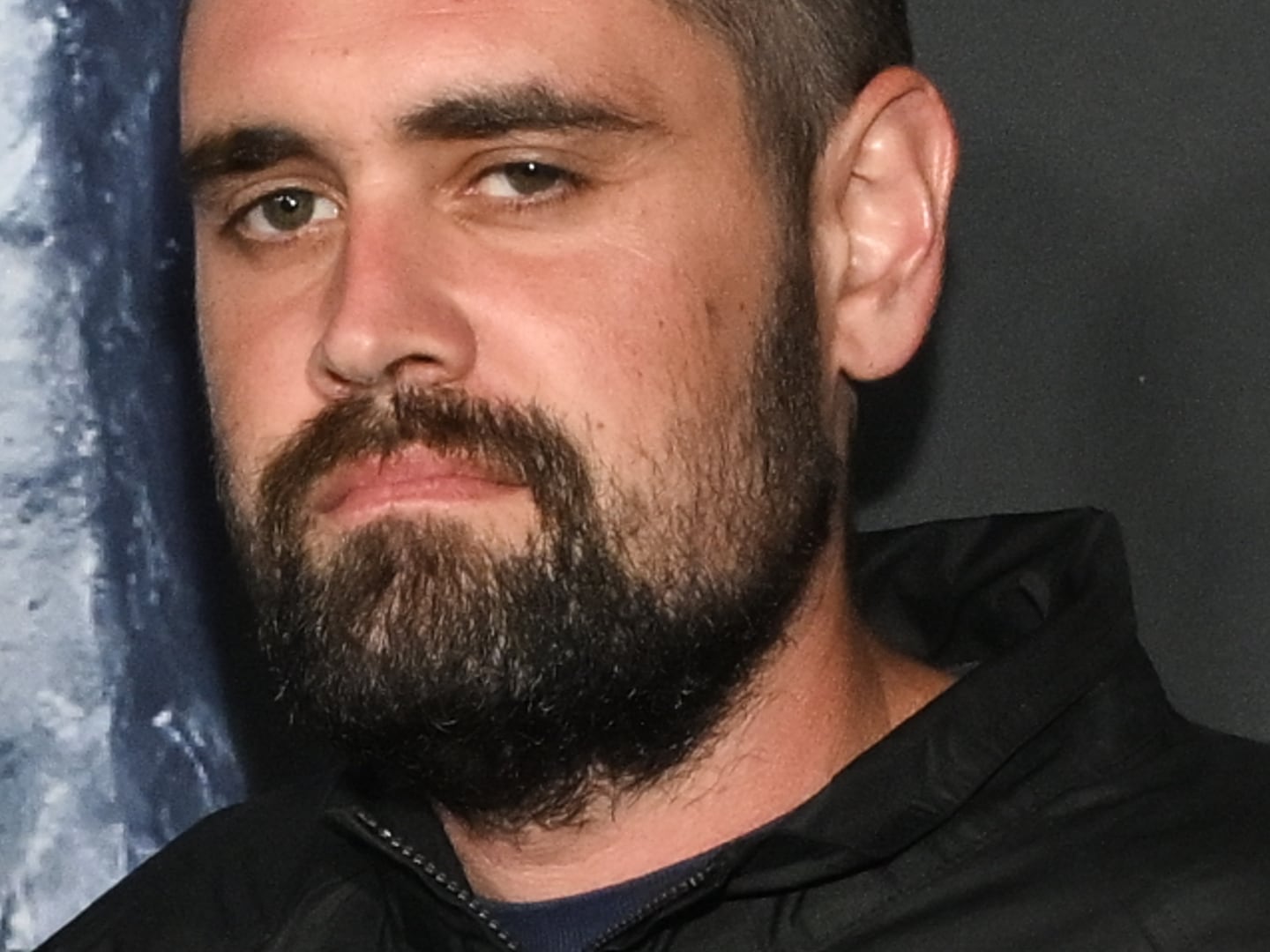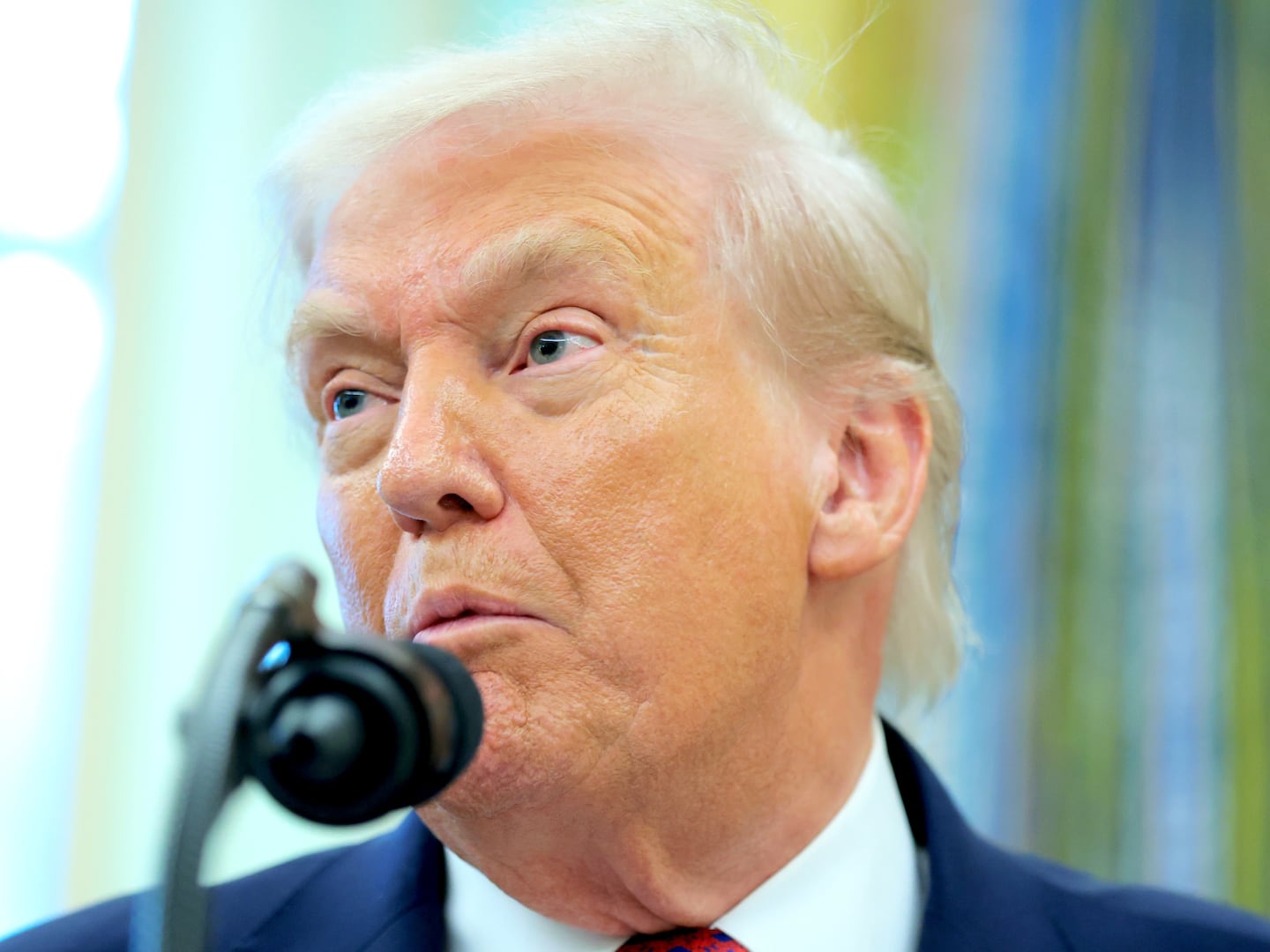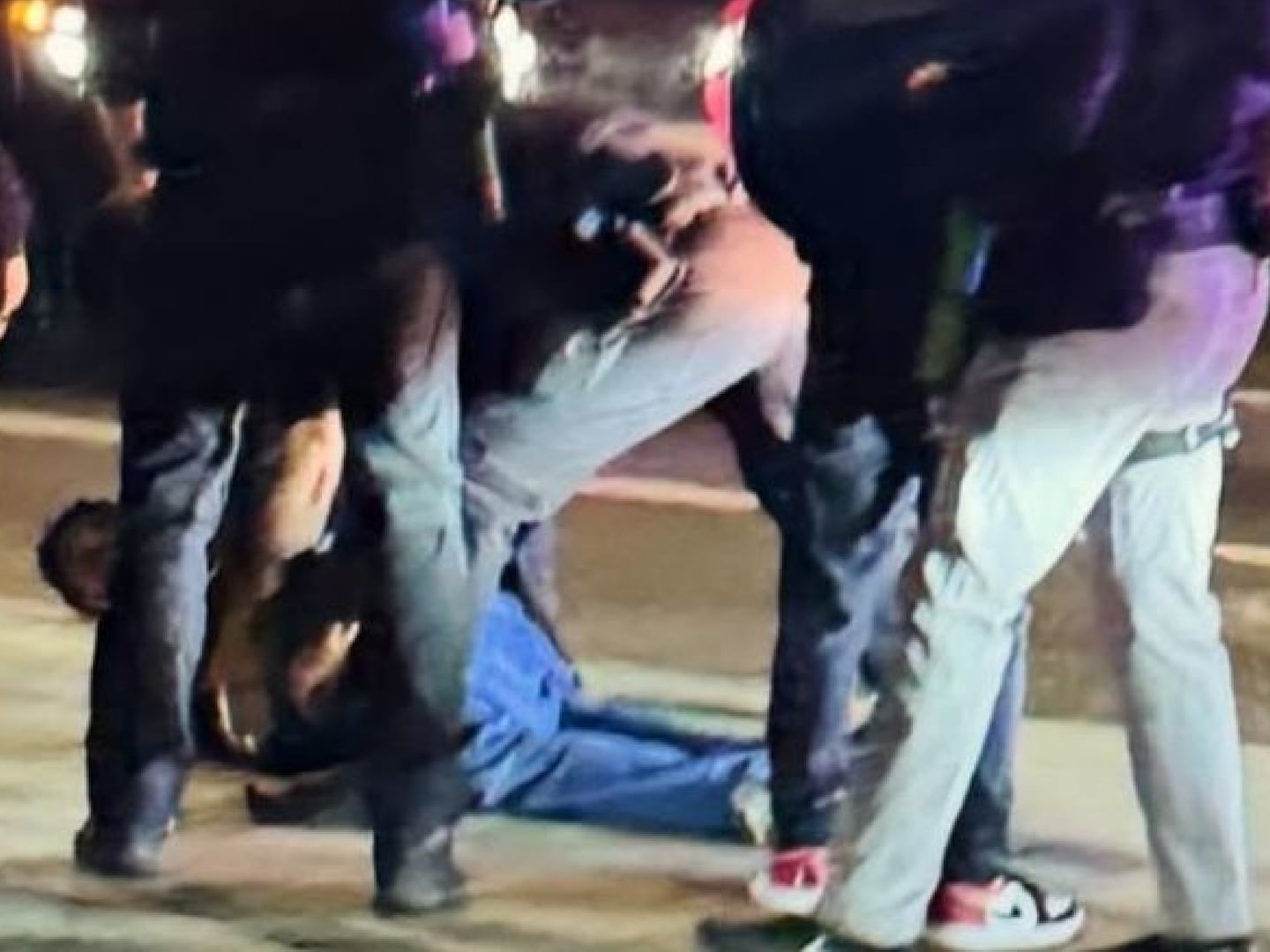Where did you grow up?
I grew up in western Oregon, just outside Eugene, on 27 wooded acres that served as my playground. My parents, for a time, were back-to-the-landers. We had a vast vegetable garden, fruit trees, a henhouse, and my father would hunt most of our meat: venison, elk, bear. We moved for a time to Hawaii and then returned to Oregon, this time to the other side of the mountains, the sage flats of eastern Oregon.

Where do you live and why?
I live now in Minnesota, on four forested acres near the town of Northfield, outside the Twin Cities. My wife’s family is nearby, and since we have kids, we wanted/needed to be close to one set of grandparents. Minnesota is beautiful: thickly wooded, pocked with lakes. We’re close to Lake Superior and not too far away from the Boundary Waters, some of the best canoeing in the country. The Twin Cities has the richest literary scene outside of New York. Graywolf Press is there, along with Milkweed, Coffee House Press, Rain Taxi magazine. The Loft Literary Center. Several killer indie bookstores. The theater scene, too, is fantastic. So I’m able to balance out my desire to be isolated in the woods and close to culture.
Describe your morning routine.
I travel often, so my routine is always getting scrambled. But on a standard sort of day, I get up at 6, pack lunches, hustle the kids off to school, then brew a pot of coffee and head downstairs to the dungeon, as I call it, my cobwebby office in the basement. I keep the lights off, except for a small amber lamp on my desk. I don’t play music, except during breaks. Occasionally I’ll do crunches on the floor or pull-ups from the bar in the doorway, but otherwise I’m hunched over the desk, hammering the keyboard, playing with my imaginary friends, ideally for six to eight hours. I prefer those long, immersive stretches so that I get lost in another world.
What is a distinctive habit or affectation of yours?
My voice is rather quirky. It’s abysmally low. People often think I’m putting it on at first. Think drunk Darth Vader. Or Barry White singing country. It suits my dark material. When I do readings, I really play it up and go subterranean. I can make the phone book sound terrifying.
How did you come to be a contributing editor at Esquire?
In 2006, when I was a visiting professor at Marquette, I found an envelope with the Esquire emblem on it in my campus mailbox. I thought it was a subscription query. So I left it on my desk for two weeks. Then one day, during office hours, I tore it open and discovered a letter from the new fiction editor. He was querying writers he admired for his first issue. He wanted to hold a kind of cocktail party for the event, so in the envelope was a cocktail napkin. The charge was to compose a story on it—a story that would justifiably appear on a napkin. I’m not sure how many people he solicited, but my story was one of 10 he published in the magazine. After that, I became a regular contributor, hammering out book reviews, nonfiction, the occasional short story. After six years of writing for the magazine regularly, they made me a contributing editor, which is an honorary nod more than anything. It’s been a fantastic experience. Tyler Cabot, my editor there, has become a great friend and mentor to me. And I gotta say, those guys throw the best parties in the world. The best I’ve been to—the 75th-anniversary celebration—took place in Gotham Hall. There was a bourbon bar, a gin bar, a vodka bar, a Scotch bar. I realized at one point I was standing between Rupert Murdoch and Warren Buffet, a billionaire sandwich. Then I turned around and nearly bumped into LeBron James’s crotch. He loomed over me, skirted by eight women. Bill Clinton spoke. Pretty surreal night for a rube like me.
Please recommend three literary horror books to your readers.
Peter Straub’s Shadowland, a novel about magic and fairy tales and friendship that nests stories inside of stories inside of stories and feels like a dark, complicated love letter to the Brothers Grimm.
I Am Legend by Richard Matheson. The sentences are as sharp as the teeth in this vampire apocalypse novel. I am haunted by the psychological desperation of the book as Robert Neville, the sole survival of a pandemic, drinks and scavenges and kills and contemplates suicide and finally finds purpose in trying to discover a cure for what laid waste to the world.
A Dry Spell by Susie Moloney. A little bit Jane Smiley, a little bit Stephen King. A four-year drought has dried up Goodlands, North Dakota. A rainmaker comes to town. People begin to turn on each other. Four dark stories weave together in this harrowing study of a place and its people.
Audiences can be jaded when it comes to horror novels, as they are used to jolting films. What makes for a scary story for you?
That does seem to be the standard move of so many horror movies these days: have something lurch out of nowhere and crank up the volume until the viewers’ ears bleed. The jolt is an effective but overused move. To startle is not to terrify. I’m more interested in slowly building up the tension, slowly cranking up the temperature, so that the horror goes marrow-deep. I can’t quickly and easily summarize the strategies of horror except to say that you have to (1) believe in the world (which normalizes the extraordinary) and (2) care about, empathize with the characters. (Otherwise, so what if they get a razor blade drawn across their tongue?) Putting a child in danger always helps, too.
How do you approach turning your novel The Wilding into a screenplay? And isn’t it unusual that a novelist is permitted to write the screenplay to his own book?
Guillermo Arriaga (Babel, 21 Grams, The Burning Plain) employs a nonlinear style. He wanted me to do the same with The Wilding. But I had to come up with a way to make the style match the content (rather than it merely being a gimmick). In 21 Grams, it suits the material, because the couple (played by Sean Penn and Naomi Watts) have lost their child to a drunk driver. Their lives are shattered. With The Wilding, I came up with a way for the nonlinear style to contribute to suspense and give the reader the feeling they were lost in the woods.
I’m immediately dissatisfied with my work once it’s published (I edit even when reading at a podium before an audience), so it was fun to get a second chance at the book, to antidote some of the problems. I know a few authors who have taken on adaptations (like my buddy Jess Walter), but I suppose it’s generally true that authors can get in the way of a script. It’s difficult letting go of all the control (because as a novelist you’re director, actor, costume designer, lighting technician, cinematographer, makeup, and special-effects artist).
Describe your routine when conceiving of a book and its plot, before the writing begins. Do you like to map out your books ahead of time, or just let it flow?
I typically spend a year thinking about a book before I begin writing it. I tear off a 10-foot scroll of paper from my children’s Melissa & Doug art easel and tape it to my office wall. Then I sketch out the characters (by that I mean I draw them and figure out their histories, their desires). Then I figure out what obstacles stand in the way of those desires, the narrative gauntlet I’ll put them through. I tend to work with alternating points of view, so I then begin to map out how the plotlines will work together. I then sketch over the top of all of this a kind of cardiograph or seismograph or suspense-o-meter: the peaks and valleys of the narrative. When the action summits, and when the characters are in a state of repose. I then move things around, figuring out the larger orchestration, almost like a piece of sheet music. I could go on about this for some time: let’s just say that I’m intensely, annoyingly methodical.
What has to happen on page one, and in chapter one, to make for a successful book that urges you to read on?
At least one helicopter should explode. And if you can work in man-eating hippopotami, sexy vampires, or a robot that shoots lasers out of its eyes, all the better. You need to grip the reader, to grab them by the throat and drag them down the rabbit hole, so it is the standard to open up with a bit of trouble. But alongside that trouble, it’s essential to create a strong sense of character and an authentic stage, so that what’s happening matters.
Is there anything distinctive or unusual about your workspace?
I’m surrounded by small curiosities. My Powell’s coffee mug. A pewter pen box my uncle gave me. A tiny red Buddha I bought in high school at the Imperial Tombs of China exhibit (I’m no Buddhist, but I rub his belly every morning for luck). A stained, ringed leather Milwaukee Brewers coaster (I used to live five minutes from the stadium). An amber-shaded lamp (the only light I write by) that sat on my grandfather’s desk. I work off a wheezing HP laptop I really need to replace. There are usually a few articles taped to the wall beside me and empty cans of Blue Sky ginger ale (which I buy by the flat). On a ledge above my desk sits a jade dragon my father brought back from China. It has watched over me since the beginning, so it must have supernatural powers, right?
I face a wall, but to my right a window looks out on a wooded hillside, and I stand there during my breaks with my coffee cup steaming in my hand and watch the cardinals darting, the deer wandering. Occasionally an owl will take wing from a branch and swoop away with a flash of white.
Describe your evening routine.
After we get the kids down to bed, I’ll usually make a drink (Scotch or bourbon). I’m a tightly coiled, highly caffeinated guy, so I throw a few back every night to cool down. I’ll hang out with my wife, read, watch some Netflix, catch up a few emails, sometimes grade (if it’s an intense point in the semester, but I prefer not to end my day with what feels like work).
What is guaranteed to make you cry?
I’m not much of a crier. When I feel sad, a pebble falls out of my eye. And then, if a cat or a dog comes along and sniffs the pebble, it dies.
But in all seriousness, Aleksandar Hemon’s Book of My Lives knocked me flat emotionally. In the final essay of the collection, he writes about his daughter’s death from a brain tumor (and the complications that followed multiple surgeries). He is so brutally unsentimental, so emotionally gray in the telling, and that’s what makes it effective. I can’t stand it when filmmakers use violins and gauzy light to make me feel sappy about something. My shields go up. And the same goes for fiction. Keep those scenes cool; let the drama speak for itself. Hemon destroyed me: I was bawling my eyes out on a plane.
Do you have any superstitions?
I try to never feel too proud of myself, to consider any rewards or success deserved, because I’m completely paranoid that if I do, I’ll be struck down and punished. I’m not an anxious person, but I experience guilt whenever I succeed. Maybe that’s because of my upbringing, or maybe that’s because I wrote for so long against a constant stream of rejection. So I never allow myself to take anything for granted (or the fanged writing gods will descend on me).
What is your favorite snack?
I eat an enormous jar of Costco mixed nuts every week. I keep them in the freezer—that’s been my habit for years now—so room-temperature nuts disgust me.
What phrase do you overuse?
“Quiet! Daddy’s trying to concentrate!”
What is the story behind the publication of your first book?
I shopped The Language of Elk (also known as “those stories I wrote in grad school”) around at all the agencies. They rejected it, saying, let us know when you have a novel. So I shot it off to all the editors who might consider un-agented submissions. And they rejected it, saying, let us know when you have a novel. I’m guessing I accumulated close to 100 rejections. Dan Wickett (who is now the head of Dzanc Books) put in a good word with Carnegie Mellon University Press, and they picked it up. This was when I was 24 (it took another two years to release). I had a moment of incredible business savvy then. I had been subscribing to Publishers Lunch, trying to figure out trends and names, trying to keep abreast of the industry gossip, and I regularly took note of their deal report. Normally the agents and editors plug this into the system, but I figured out a way to get on to Publishers Marketplace and post my own “sale.” I of course described it in the most flattering terms possible. Within a few hours, I had over 70 emails from everyone from Warner Brothers to The Paris Review to Albin Michel (now my French publisher) to a whole host of agents (many of whom had rejected the manuscript, though I didn’t remind them of this). From these conversations I ended up working with Katherine Fausset at Curtis Brown, and she has become a close friend and my most trusted adviser.
Was there a specific moment when you felt you had “made it” as an author?
No. Never. On a daily basis, I formulate backup plans. Every time I see a UPS truck, I think, that would be a good job: drive around all day, nobody bothering you, in your sweet brown shorts. Lots of exercise, sprinting up and down driveways, heavy lifting. I’m not joking. In other words, I’m in many ways still caught up in my grad-school state of mind, thinking that maybe this whole writing thing isn’t going to work out. I feel this way now more than ever, because I took a big risk and quit a tenured job at an M.F.A. program. I didn’t want a safety net. I’ve enjoyed being a teacher, but the dream was always to become a writer, and I wanted to embrace that when the opportunity presented itself. But I’m still experiencing a mild case of PTSD after resigning. I’ve got kids, so I feel a lot of pressure to succeed in order to support them.
What do you need to have produced/completed in order to feel that you’ve had a productive writing day?
I don’t count words like some people do. I pay some attention to pages, but that doesn’t make much sense either, because I might cut as many pages as I produce in a day. I’m instead always thinking about the end of a scene, the end of a chapter, in the same way that a marathon runner thinks about the next street sign, the next fire hydrant, trying to add up the tiny markers that will eventually conclude the race. I can’t stand leaving the keyboard if I haven’t arrived at the end of something (so fists need to fly, a train needs to leave the station, a body needs to be discovered, etc.). I want to move into white space (and the rest of my day) with the sense that I’ve finished something (it might need some tidying, but the worst of the work is over).
What advice would you give to an aspiring author?
Read your brains out; write your brains out.
What would you like carved onto your tombstone?
“Awaiting the zombie apocalypse.”
What is your next project?
I’m putting the final touches on my next novel, The Dead Lands, a post-apocalyptic reimagining of the Lewis and Clark passage. Grand Central/Hachette will publish it in the summer of 2014. I’m also working on a craft book—called Thrill Me—about the borderlands between literary and genre and the mechanics of suspense and momentum (due out with Graywolf Press in 2015).
This interview has been edited and condensed.

